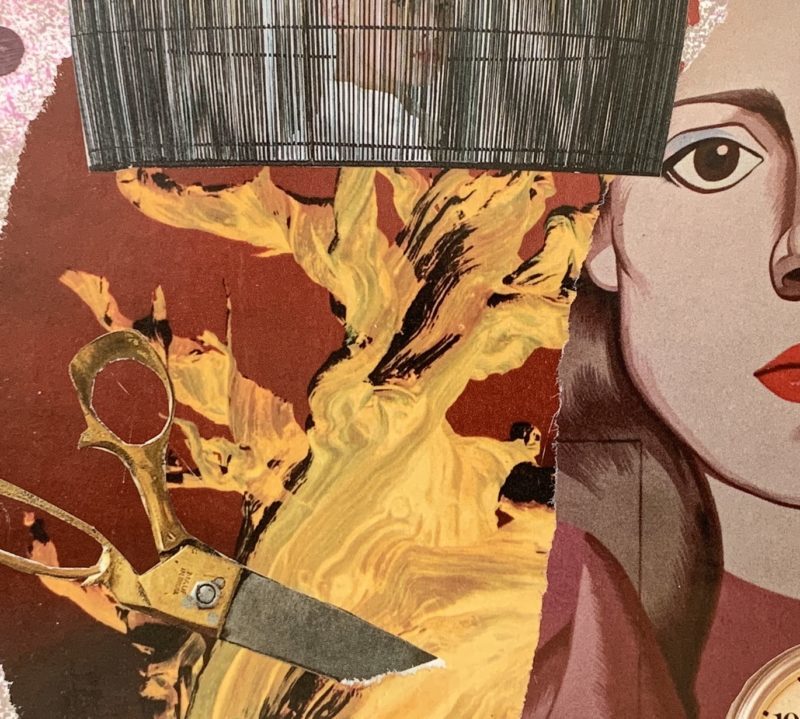The Miriam Project is an idea I have. A birthmother fantasy.
It’s how I wish adoptions would work in the case where the child has a birth parent who is still alive. I would call this sort of “adoption” The Miriam Project.
The adoptive parents would adopt the parent(s) and the child. They would also sponsor some major life-changing intervention in the birthparent’s life. Like education, or job training, or provide an upgrade in healthcare and living conditions so that the birthparent could take the child back after a year or two of mitigating whatever sad thing had pushed the parent to the inevitable-seeming breaking point. That breaking point where parting with one’s child seems the only answer.
In many households, both the wife and the husband work. They need child care; they need the general support and love that all families need to survive. The birthparent(s) could be part of that support network and be supported as well. Blended families are the norm now. Why not blend in a birthparent or two? Like Miriam taking care of her baby brother after she poses as a nanny in the pharaoh’s palace.
I think reading the news about the Russian boy being sent back nearly did me in. The ruckus over Artyom has mostly settled, but I can’t stop thinking about foreign adoption, and how the child loses so much.
I met a woman once–a writer. We were at a writer’s conference. I was deeply involved in working on my birthmother memoir, and she was writing a book about the the adoption of her two children from Guatemala. We treated each other delicately when we spoke. I assumed her children were orphans. Well, okay, I thought. With so much poverty in Guatemala, maybe the only way was to come north.
Then came the conversation when she told me that she wanted me to know how much she appreciated birthmothers in general. “I’ve gone back to Guatemala to see my children’s birthmother,” she said. Then I think she told me that she gave her some money and that the birthmother was very poor and had other children. I couldn’t quite organize anything articulate to say while both my heart and my head were exploding. I mumbled something. I’m not sure what.
I know someone else who has a child from a foreign adoption. I like him very, very much. He’s honest and brave. He’s sweet and smart and has had way more than his share of hurt in this life. I think he told me his child’s father is still alive. I’m almost positive that’s what he said, but there’s something that happens to my brain during conversations like this. I can’t think or hear or begin to hope to say anything smart.
Of course there are the true orphans. But how do we know if there are really no family members who want them. Remember Haiti?
And it turns out things weren’t really on the up and up in Guatemala either.


